 | For those new to the scene, this will be an interesting read, let me break down what happened years ago. Back in 2016, Ethereum was still in its infancy, and the Decentralized Autonomous Organization (DAO) was the talk of the town. The DAO was a complex smart contract on the Ethereum blockchain, designed to revolutionize how projects got funded. Think of it as an early decentralized Kickstarter. But then, disaster struck. An anonymous entity exploited a vulnerability in the DAO's code and siphoned off a whopping 3.6 million ETH, which was valued at around $50 million at the time ($6.5 billion now). The crypto community was in an uproar. How could this happen? And what should be done about it? The aftermath was even more controversial. The Ethereum community faced a tough decision: let the hacker get away with the stolen funds or intervene and reverse (yes, reverse) the transaction, which would go against the very principles of an immutable blockchain. After heated debates, the community decided to implement a hard fork, essentially creating a new version of the Ethereum blockchain where the stolen funds were returned. This created the ETH blockchain we know. Also, this move led to the birth of Ethereum Classic (ETC), which continued on the original, unaltered blockchain. So, why am I bringing this up? With the rise of more and more complex smart contracts, it's crucial to remember our history. The DAO attack serves as a stark reminder of the importance of rigorous code testing and the ethical dilemmas we might face. But here's the harder dilemma: 90% of the community voted in favor of the fork. It's easy to vote for a solution that benefits you directly, but does that make it right? Should decisions that go against the principle of immutability be made based on popular vote, especially when those voting have a vested interest in the outcome? Today, with scams and exploits running rampant, many argue against intervening in the blockchain, citing principles of decentralization and immutability. But back then, the community chose to act. It makes you wonder, where do we draw the line? I hope this piece of history was as intriguing for you as it was for me. Edit: Correct title should have been: "Did you know? Ethereum once faced a major ethical dilemma that tested its commitment to immutability. It failed, but, it might have been the right call" But we get the point. [link] [comments] |

You can get bonuses upto $100 FREE BONUS when you:
💰 Install these recommended apps:
💲 SocialGood - 100% Crypto Back on Everyday Shopping
💲 xPortal - The DeFi For The Next Billion
💲 CryptoTab Browser - Lightweight, fast, and ready to mine!
💰 Register on these recommended exchanges:
🟡 Binance🟡 Bitfinex🟡 Bitmart🟡 Bittrex🟡 Bitget
🟡 CoinEx🟡 Crypto.com🟡 Gate.io🟡 Huobi🟡 Kucoin.
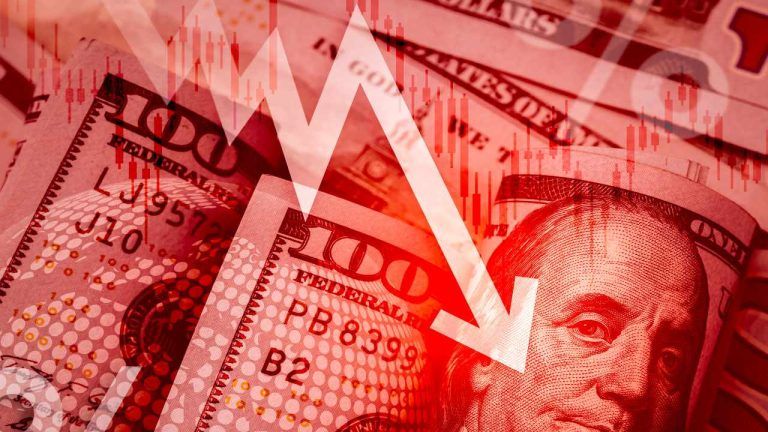
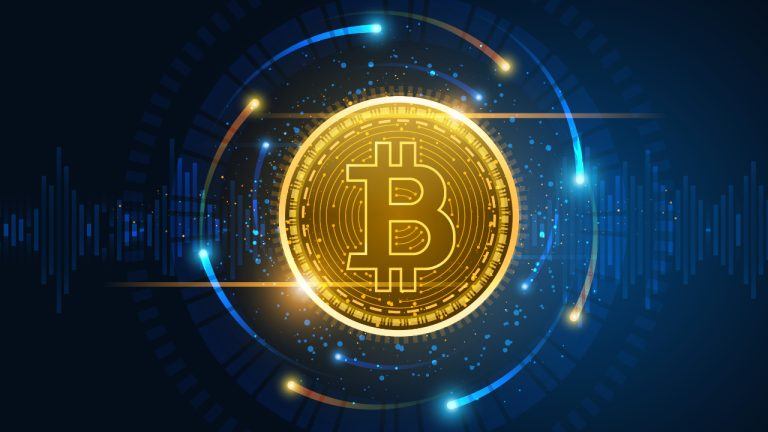
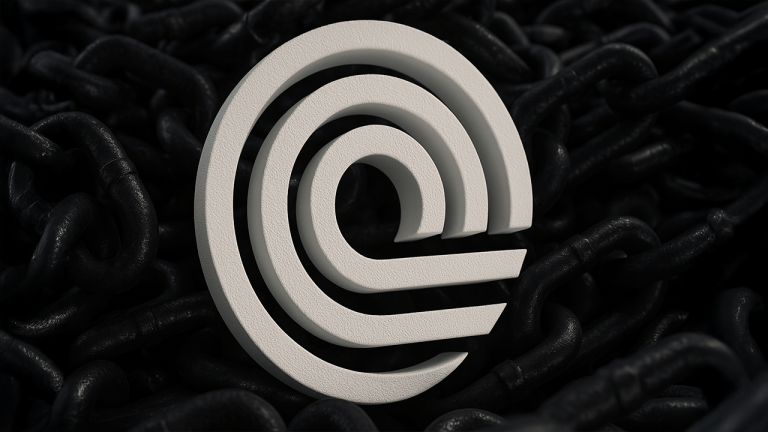
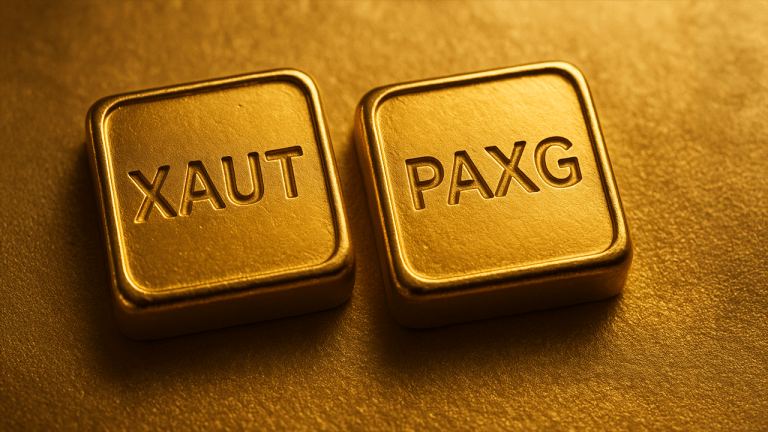
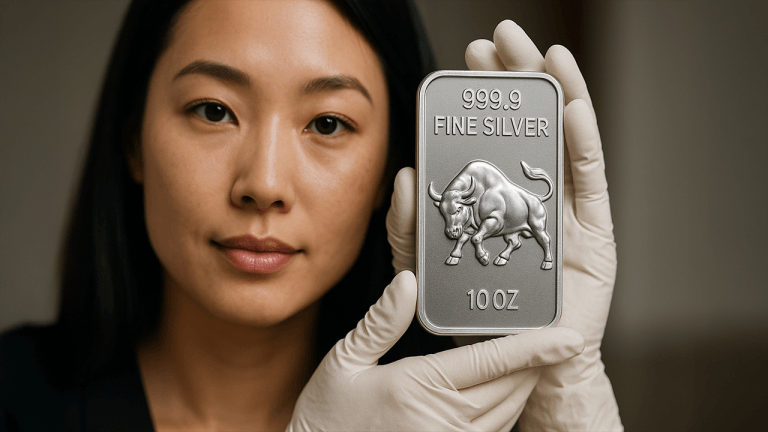

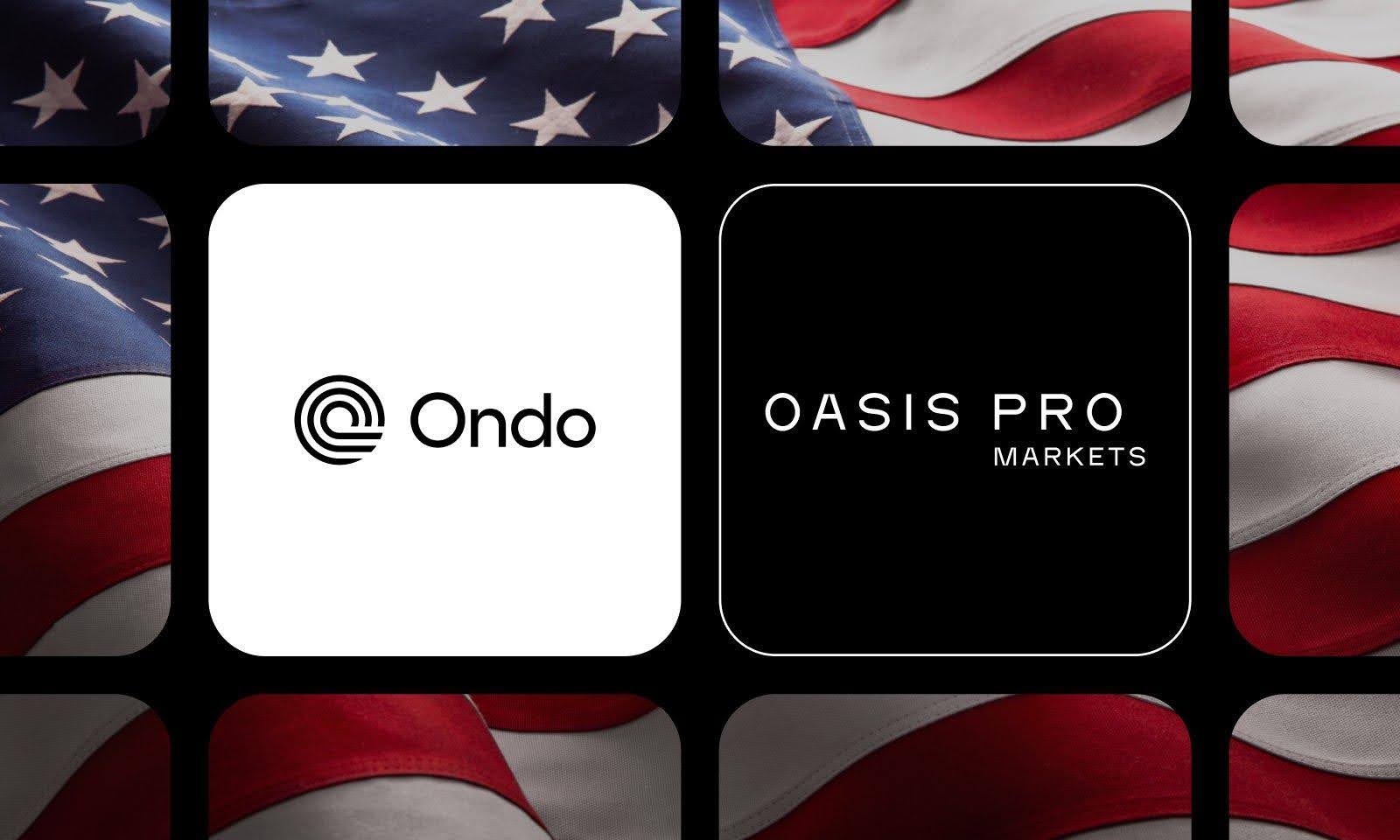


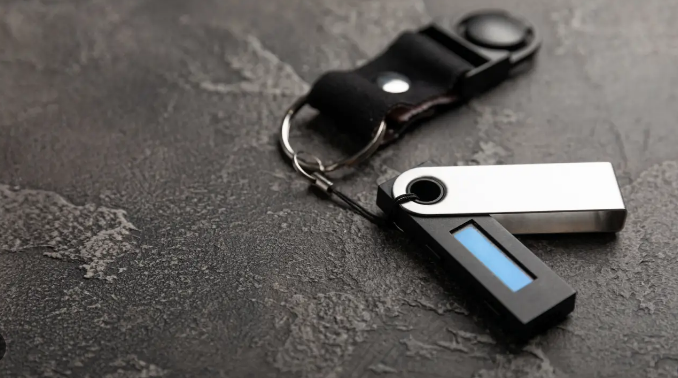
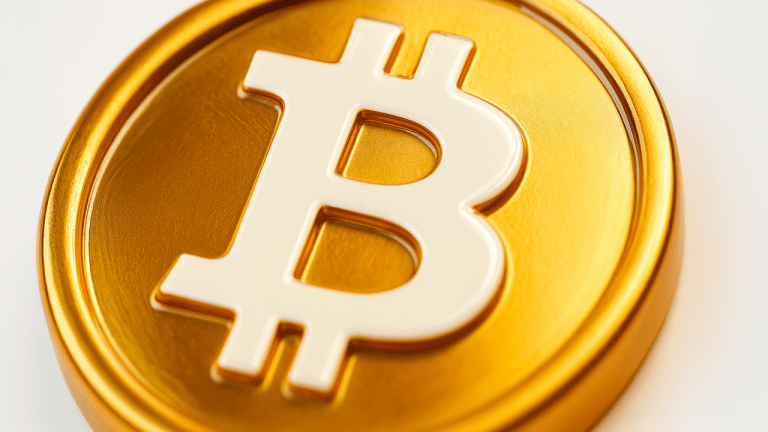
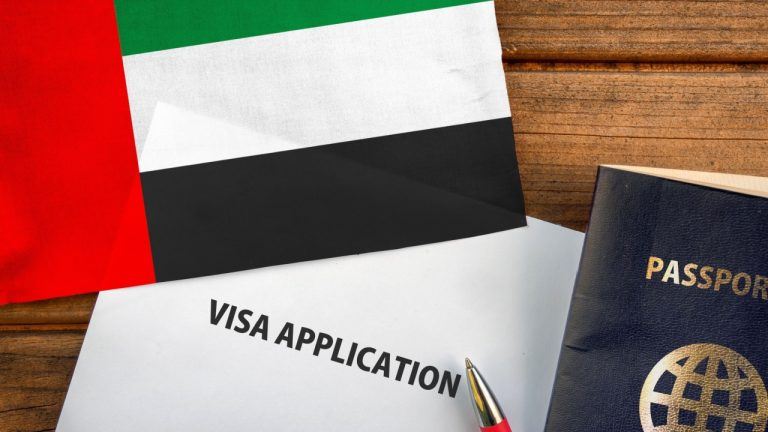


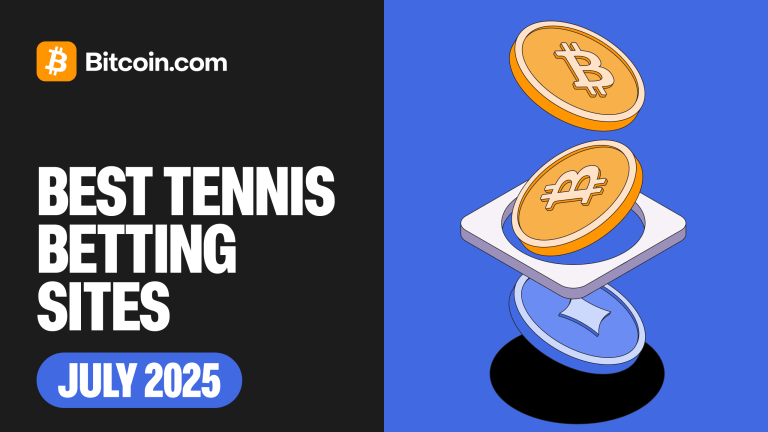
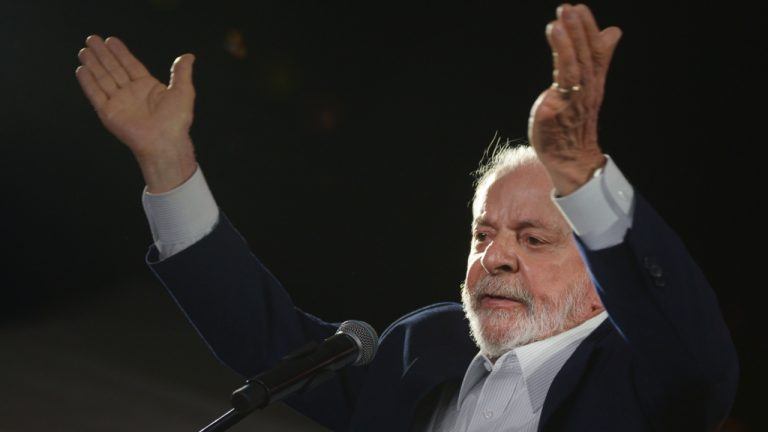
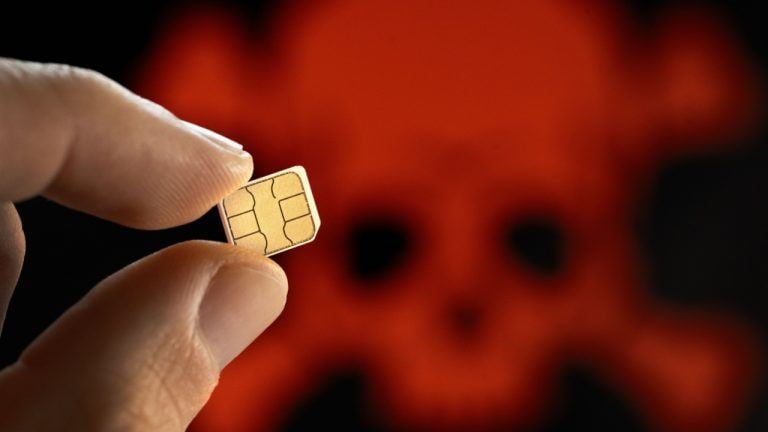
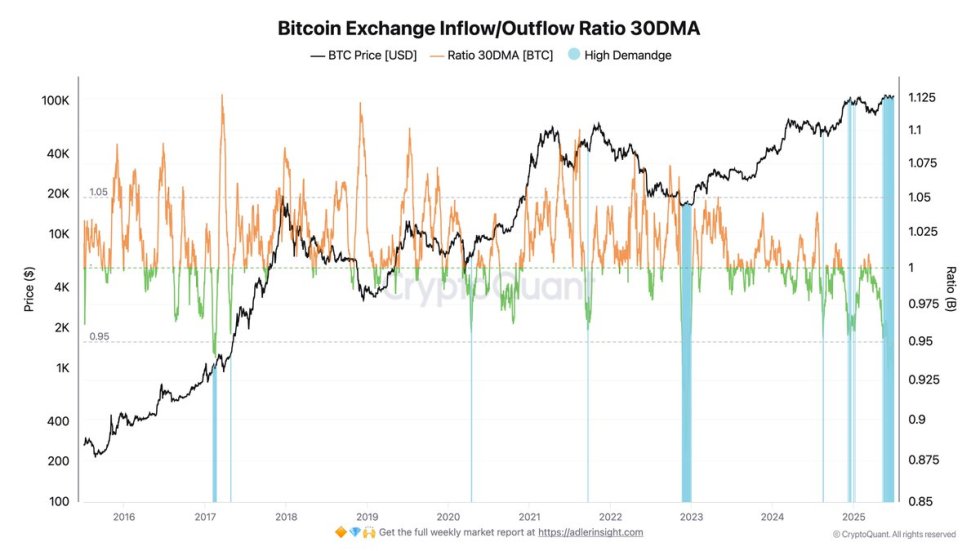
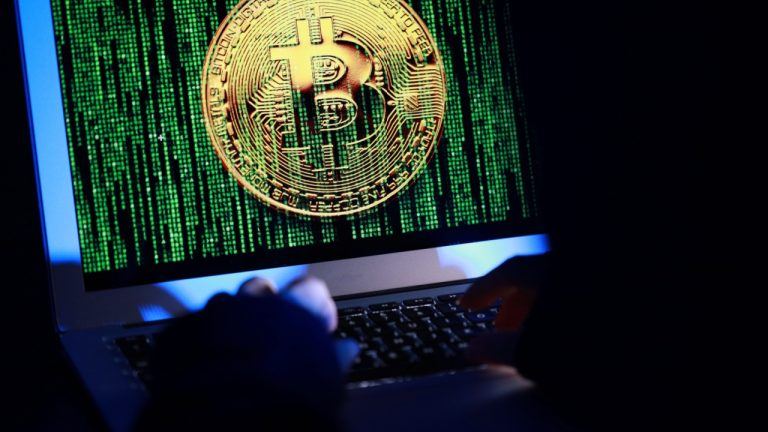

Comments